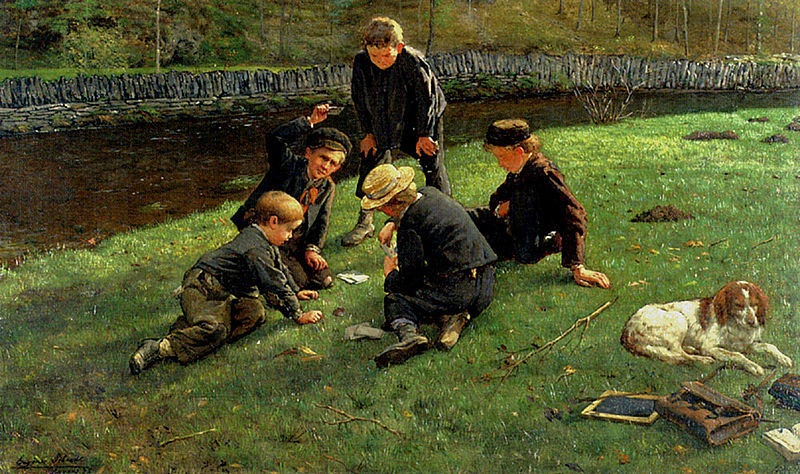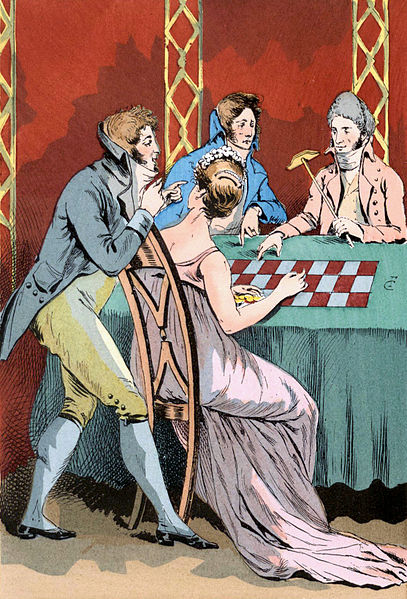
Cognitive bias III
The student may also ask us:
Are there any more examples of cognitive bias that I should keep in mind?
Our reply might be:
One example is called outcome bias. This means evaluating a decision by how it turns out instead of how sensible it was at the time the decision was made.
Sometimes cognitive bias in academic research projects or theses can be the result of students being too confident in themselves. This is termed the overconfidence effect. On some topics, when people in general claim to be 99% sure of something, they are wrong surprisingly often.
Another example is the Pygmalion effect, named after a legendary sculptor from Cyprus who falls in love with a statue of a woman which he had created. This story is recounted in The Metamorphoses or Books of Transformation, a Latin narrative poem by the Roman poet Ovid. Metamorphoses by Ovid may be obtained from the TU Library Interlibrary Loan (ILL) service.
The Pygmalion effect refers to when what we expect a sample or other individual to do affects what they do. Clearly when we are doing research, it is important that the subjects of any experiments or research should be free to do whatever they intend to do, without being influenced by what we might expect them to do before we begin the project.
The name Pygmalion was also used by the Irish playwright George Bernard Shaw in his play of that title, which is in the collection of the TU Library, shelved in the General Stacks of the Pridi Banomyong Library, Tha Prachan campus. Pygmalion by Bernard Shaw is best remembered by some today as having inspired My Fair Lady, a musical play adapted and with lyrics by Alan Jay Lerner. The script of My Fair Lady is also in the TU Library collection, as well as a book about the play’s creation and a translation into Thai language.
The student may ask us:
Is it a kind of bias if we are worried that bad things may happen to our research project?
Our reply may be:
Yes, that is called pessimism bias.
The student may ask us further:
What if we are too confident that everything will work out wonderfully in our research? Is that a form of bias too?
Our answer might be:
Yes, that might be the opposite of pessimism bias. It is called optimism bias, where we may be sure that negative results cannot happen with our research.
Of course, research results may be comparatively good or not so good. We will never know what they are unless we actually do the research. The point is to try to avoid being influenced by being either too gloomy about what will happen with the research or unrealistic in thinking that everything must be great. The challenge of being objective, and accepting findings as they are, means that we try not to affect whatever the results our by our own ideas.
This means keeping alert to possible attitudes we may have that may change the way we present our research findings. A final example is called the status quo bias. The Latin phrase status quo means that way things are now, especially in terms of social or political matters. In research, we may feel somewhat resistant to change, but of course if everything in research always stayed the same, we would never have any progress.

(All images courtesy of Wikimedia Commons)
